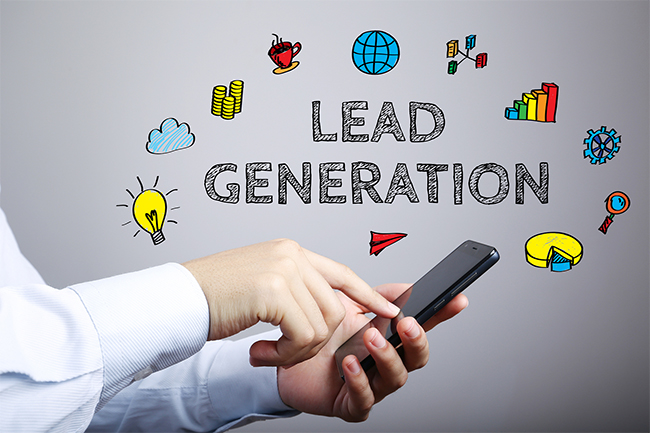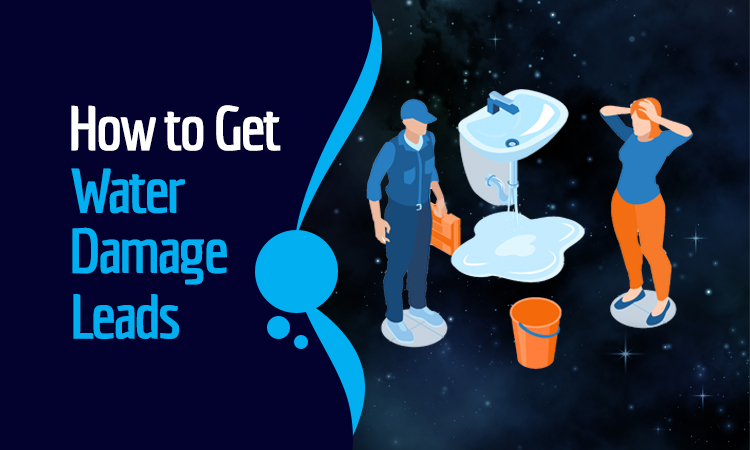Lead generation services play a crucial role in helping businesses identify and acquire potential customers. These services utilize various strategies and tools to generate interest and capture information from individuals or organizations interested in a product or service. Here are some lead generation services and strategies commonly used by businesses:
- Content Marketing:
- Creating and sharing valuable content, such as blog posts, ebooks, webinars, and videos, to attract and engage a target audience. Content marketing aims to position a business as an authority in its industry.
- Social Media Marketing:
- Leveraging social media platforms to connect with a target audience, share content, and promote products or services. Social media platforms often provide advertising options for lead generation.
- Email Marketing:
- Building and nurturing relationships with potential leads through targeted email campaigns. Email marketing can include newsletters, promotional emails, and personalized communications.
- SEO (Search Engine Optimization):
- Optimizing a website’s content and structure to rank higher in search engine results. Higher visibility in search engines can drive organic traffic and generate leads.
- Paid Advertising:
- Using online advertising platforms, such as Google Ads or social media ads, to reach a specific audience and drive traffic to a website or landing page. Pay-per-click (PPC) campaigns are a common form of paid advertising for lead generation.
- Landing Page Optimization:
- Designing and optimizing dedicated landing pages with clear calls-to-action (CTAs) to capture lead information. A well-optimized landing page can increase conversion rates.
- Lead Magnets:
- Offering valuable resources, such as ebooks, whitepapers, or templates, in exchange for a visitor’s contact information. These resources act as incentives for users to become leads.
- Webinars and Events:
- Hosting online or in-person events, such as webinars or workshops, to engage with the target audience and collect lead information. Events provide an opportunity for direct interaction and relationship building.
- Chatbots and Live Chat:
- Implementing chatbots or live chat on websites to engage with visitors in real-time. These tools can answer questions, provide information, and collect lead details.
- Referral Programs:
- Encouraging existing customers or contacts to refer new leads to the business. Referral programs often include incentives for both the referrer and the new lead.
- Telemarketing:
- Using outbound phone calls to reach potential leads and gather information. Telemarketing can be effective for certain industries and products.
- CRM (Customer Relationship Management) Systems:
- Implementing CRM systems to manage and track interactions with leads. CRM tools help businesses organize and analyze data to improve the lead nurturing process.
- Influencer Marketing:
- Collaborating with influencers in your industry to reach their audience and generate leads through their endorsement and promotion.
Choosing the right lead generation strategy depends on the nature of your business, target audience, and marketing goals. A combination of these strategies, tailored to your specific needs, can form a comprehensive lead generation approach.


